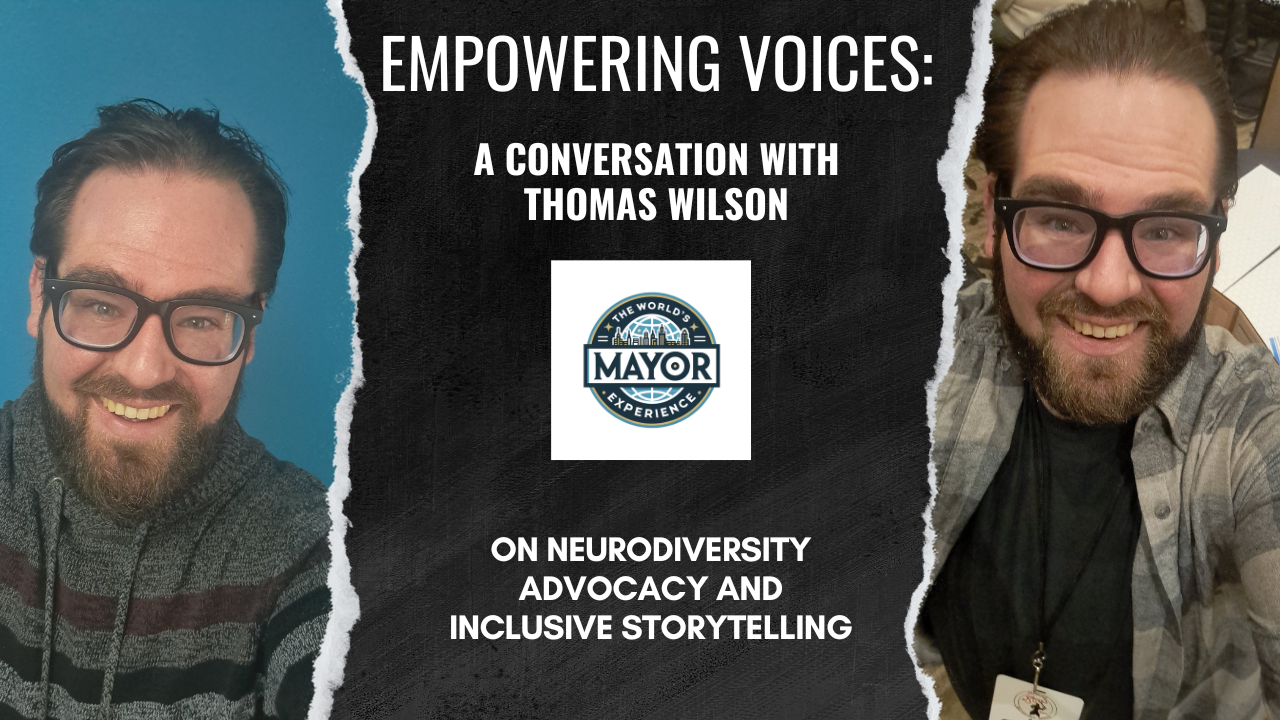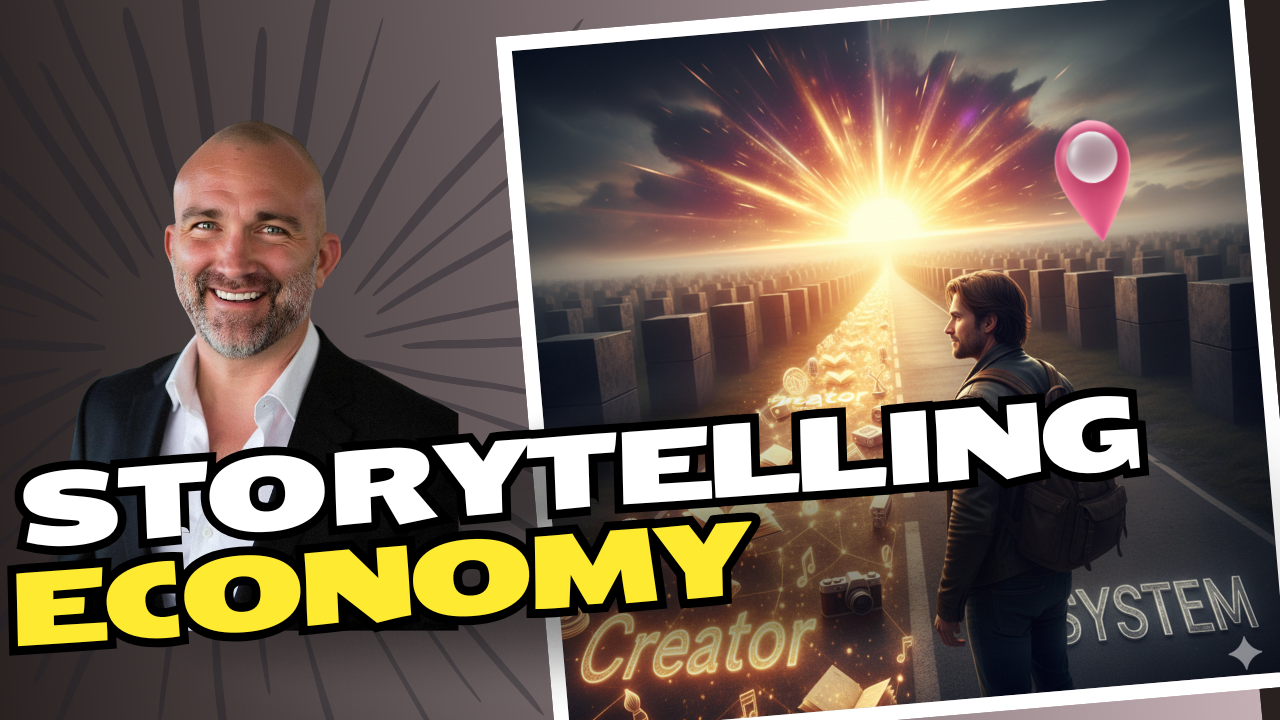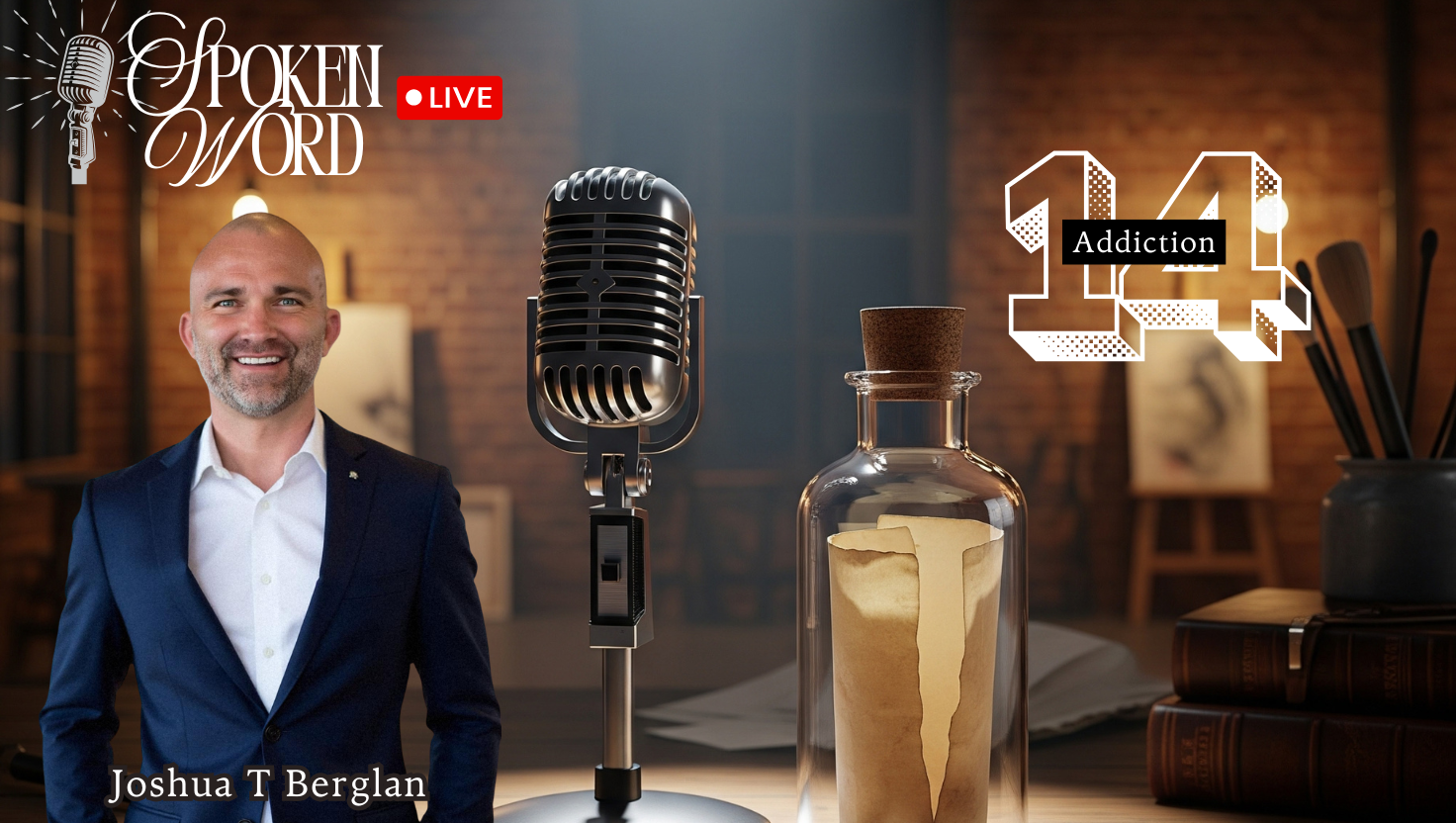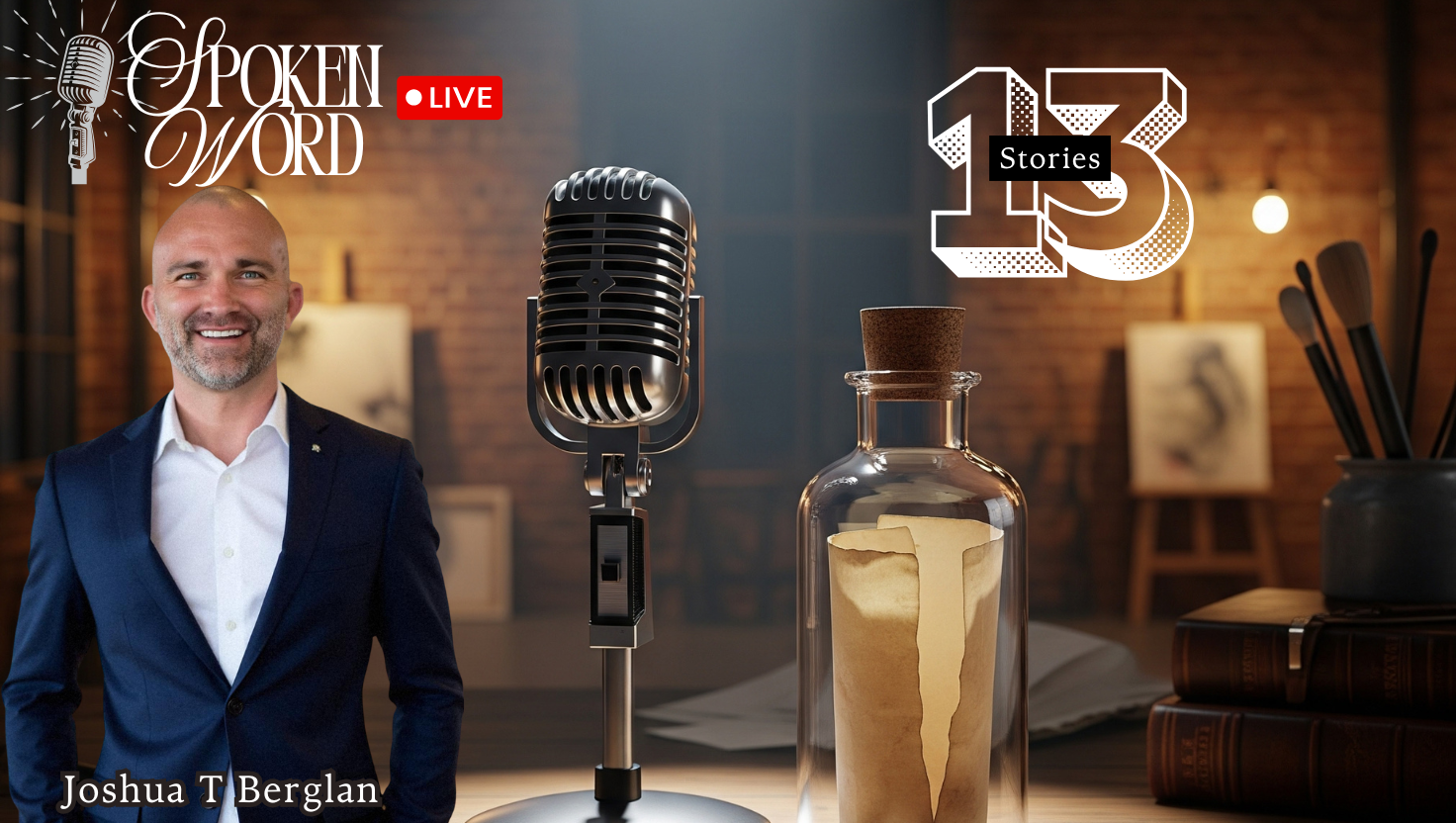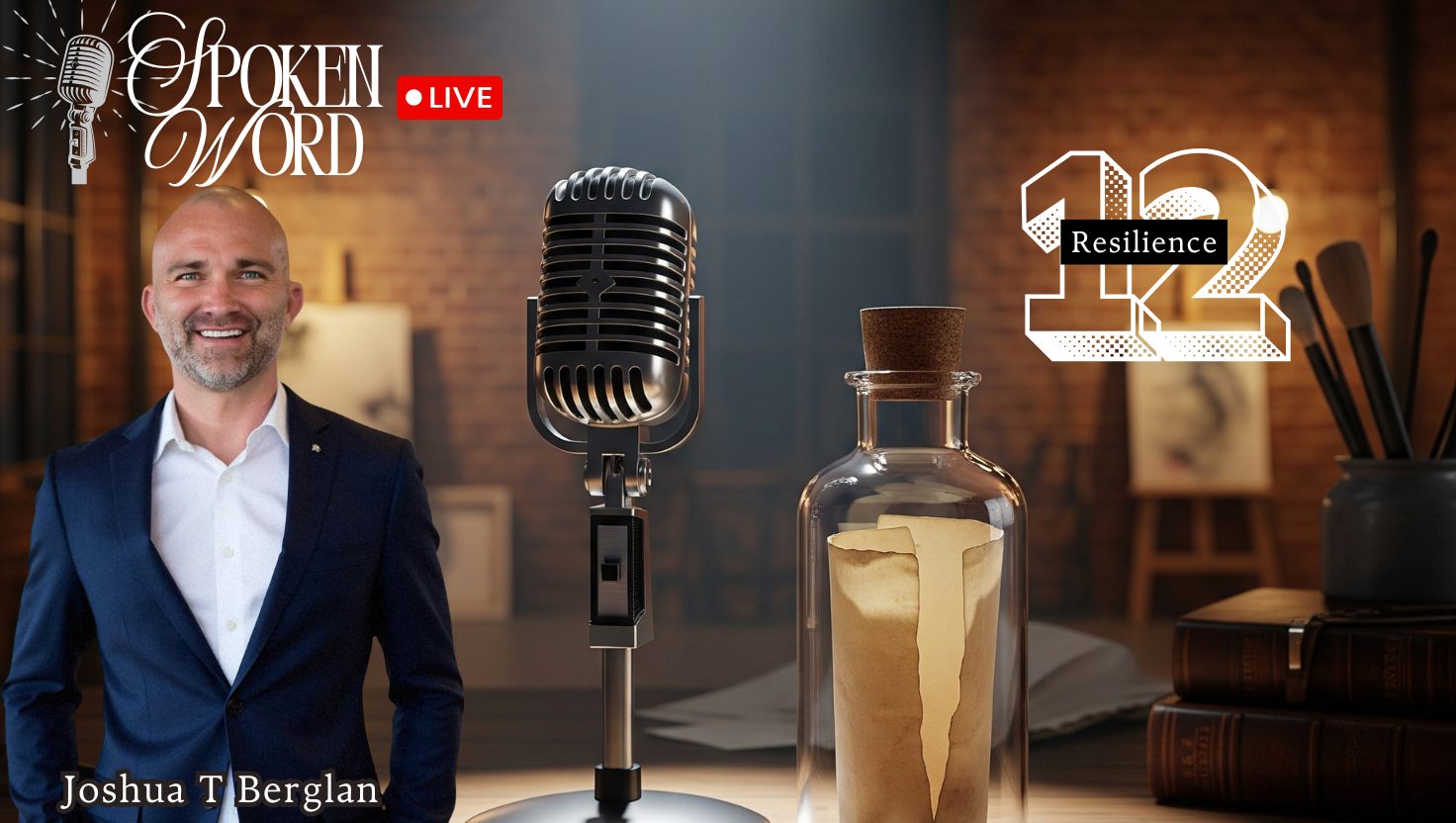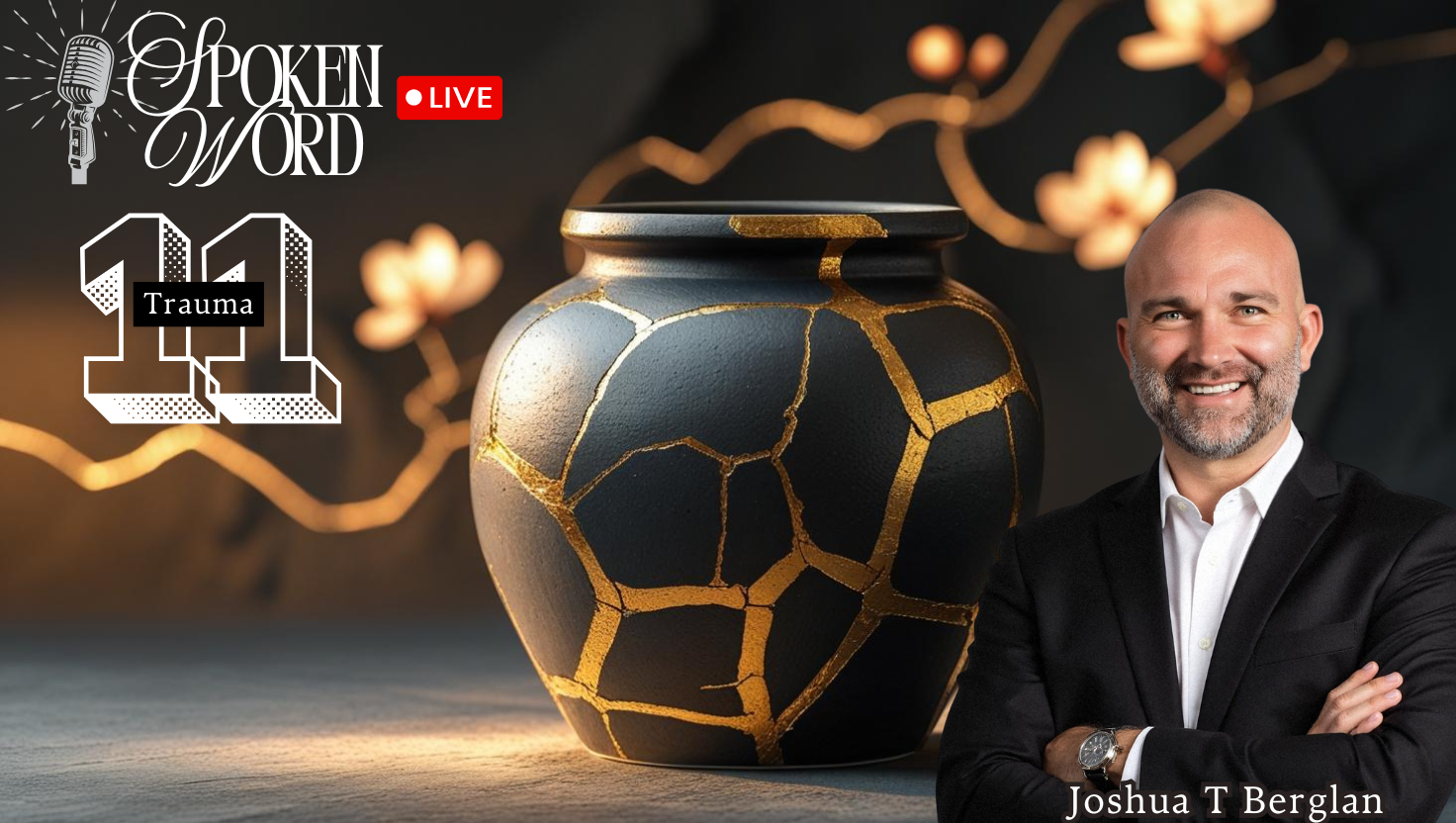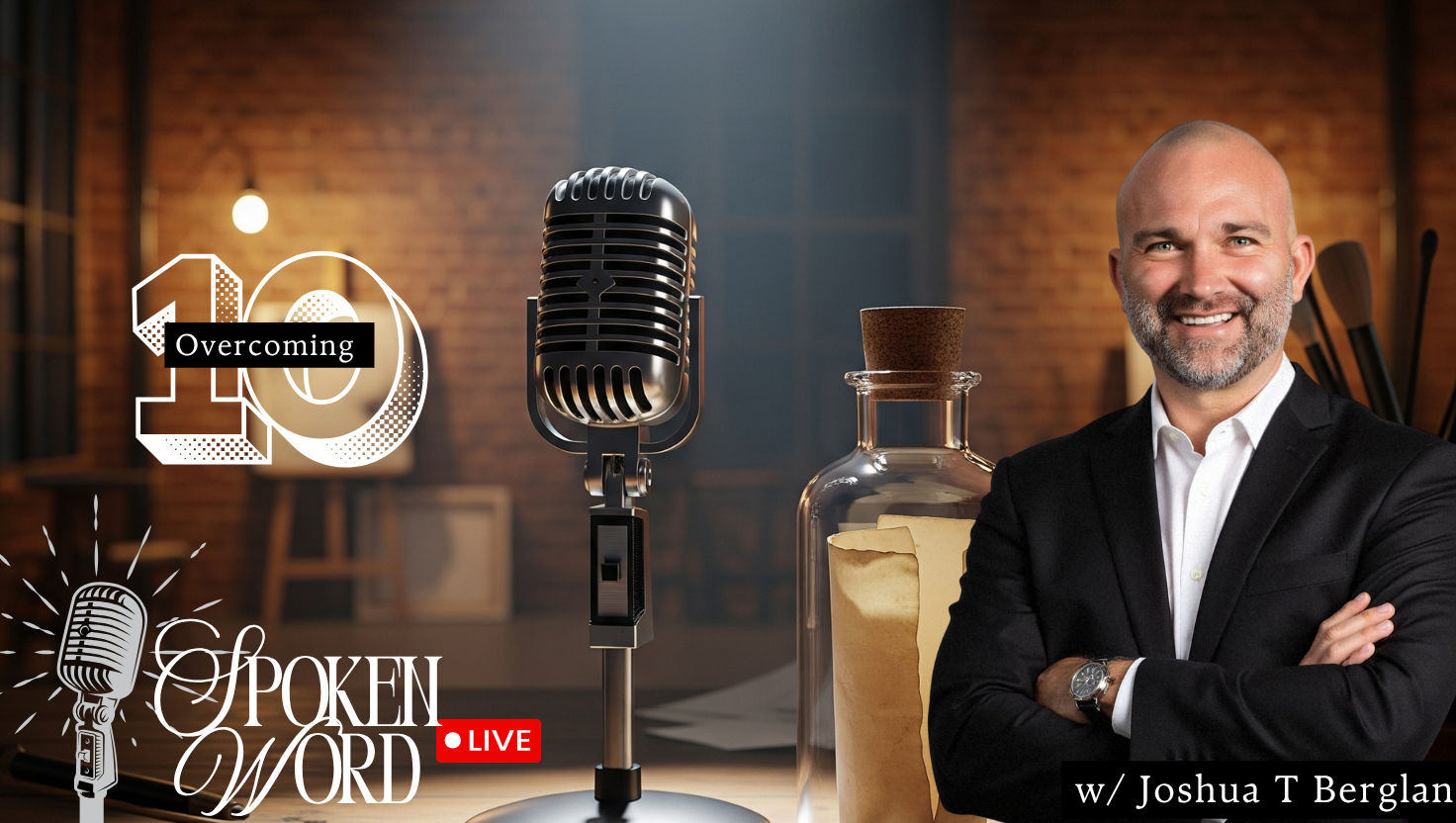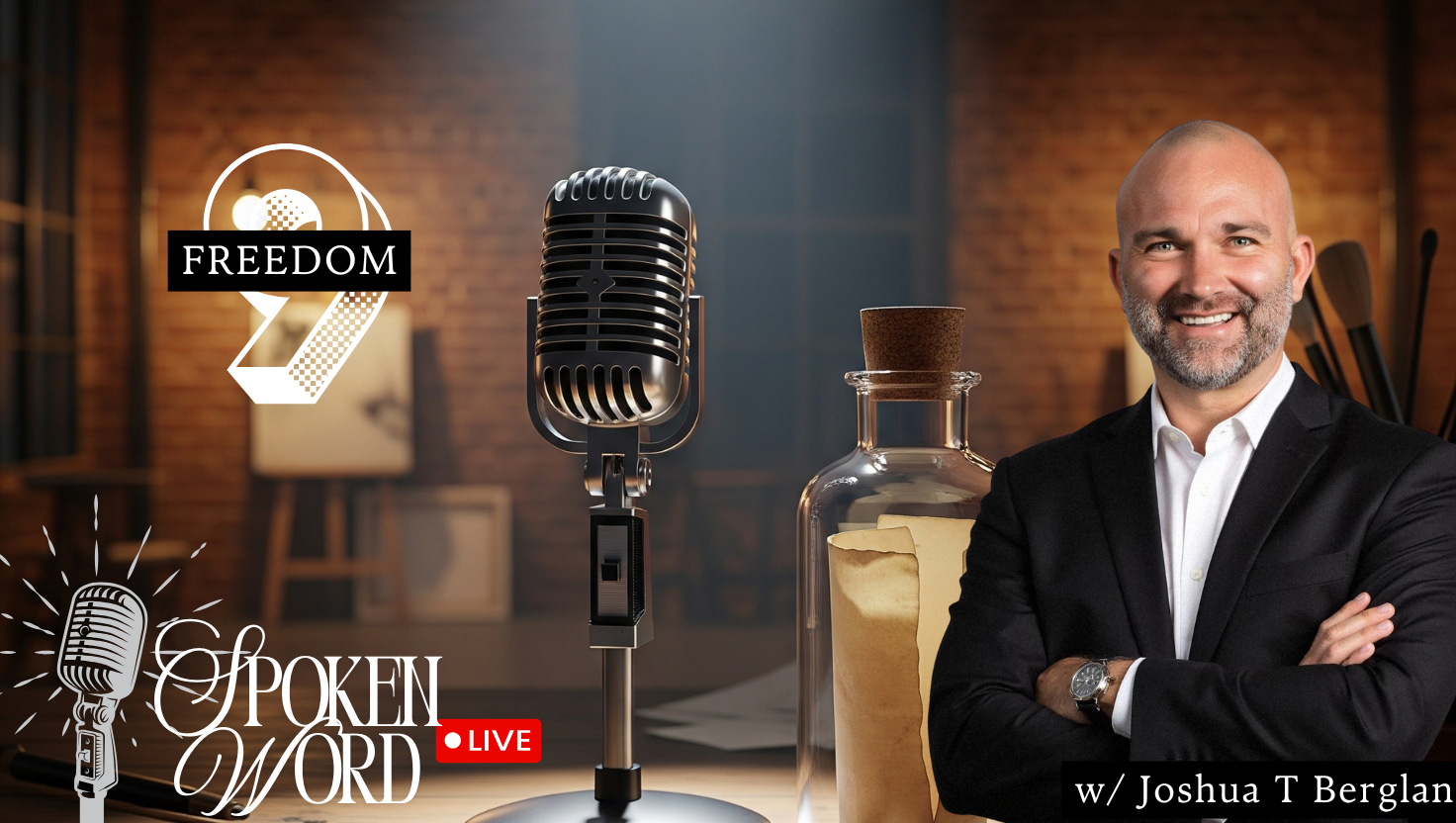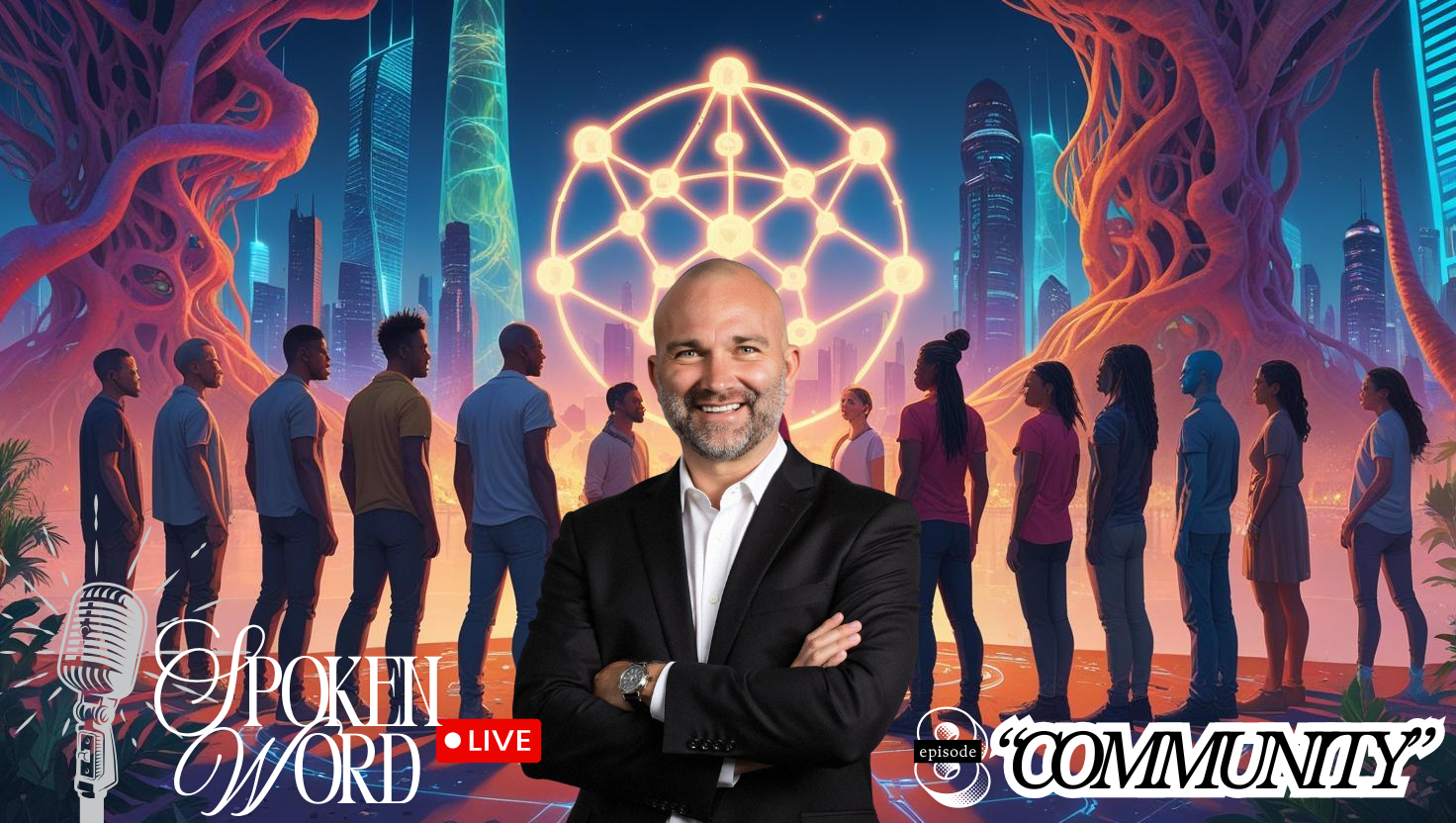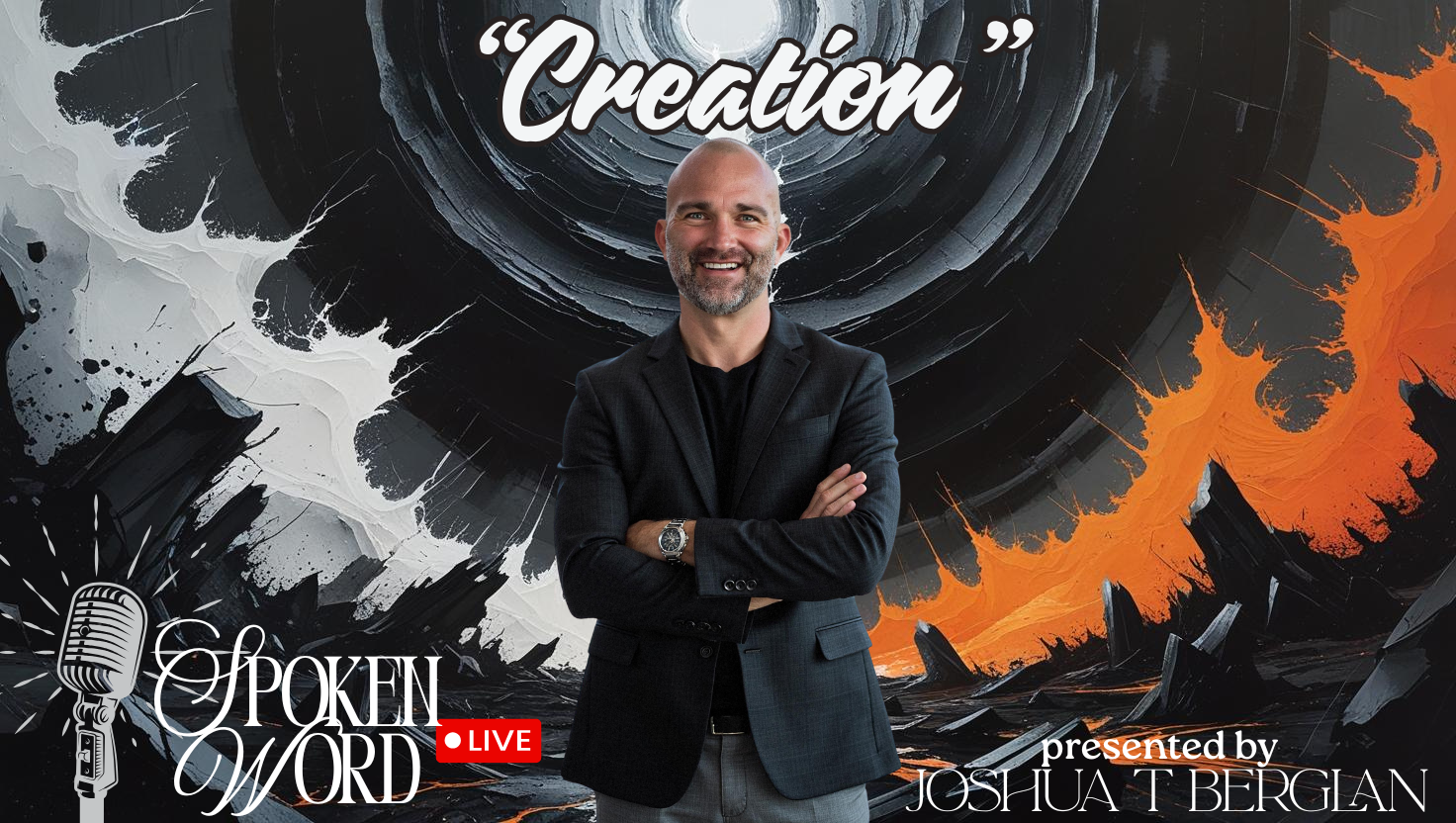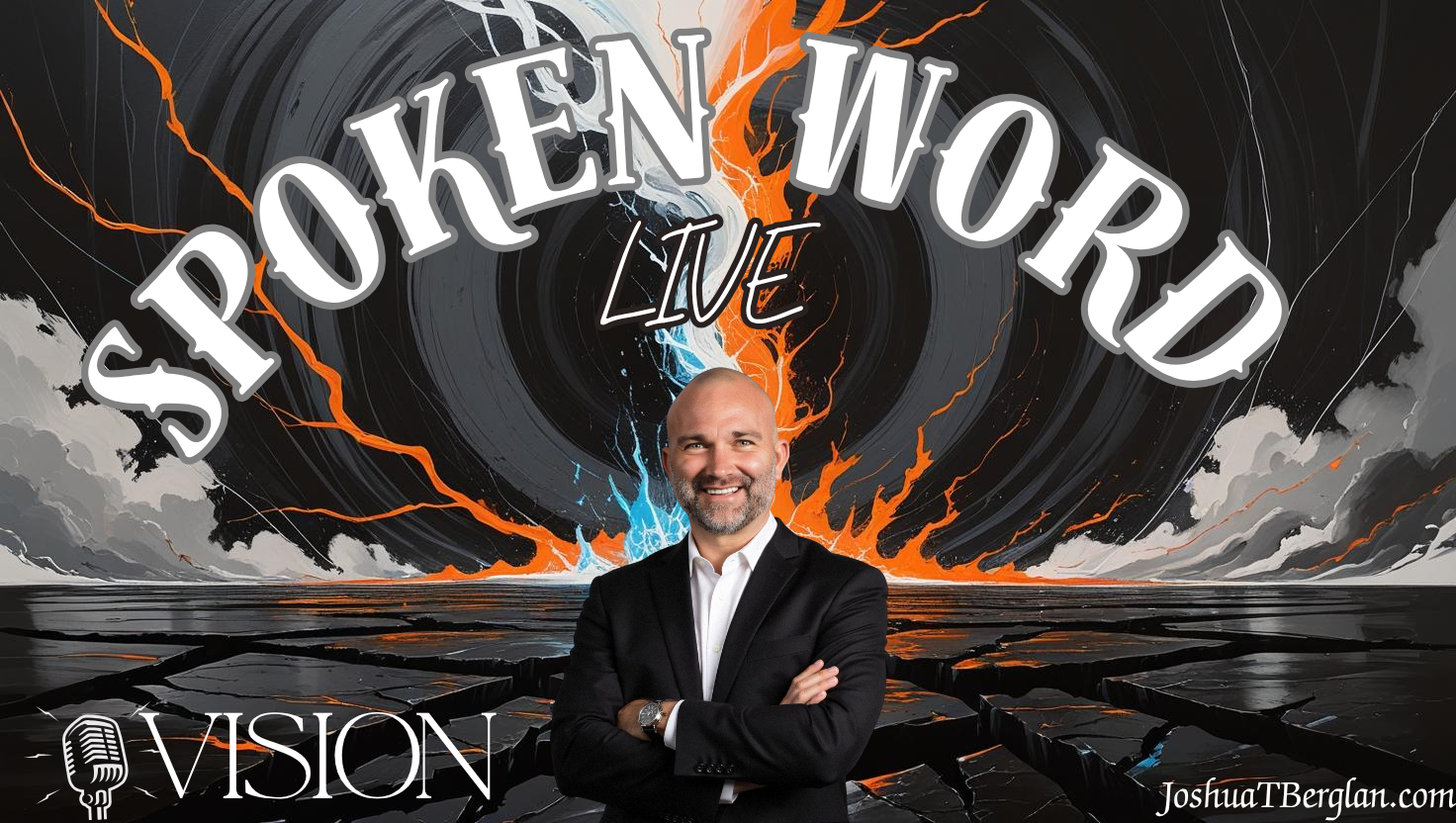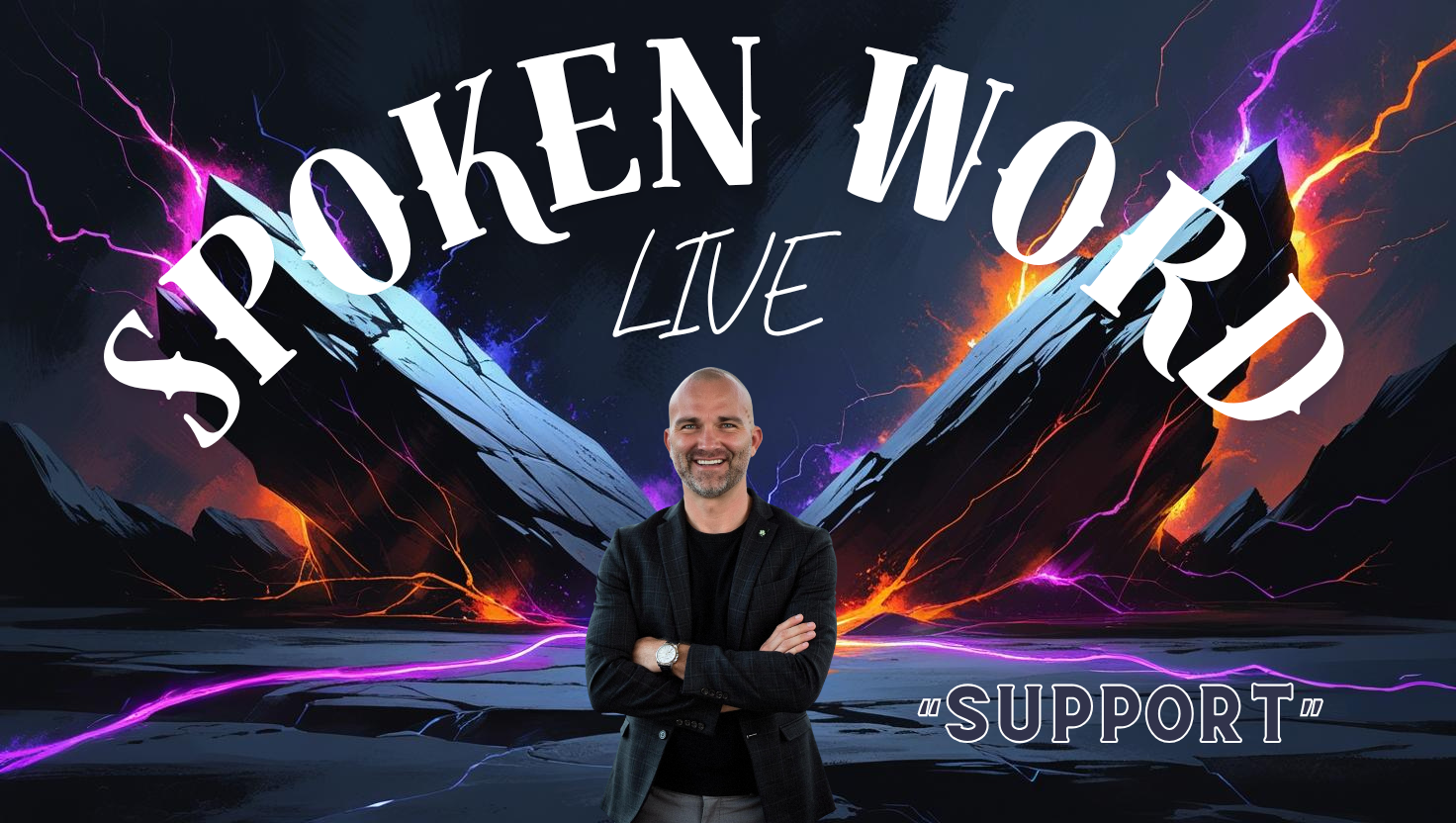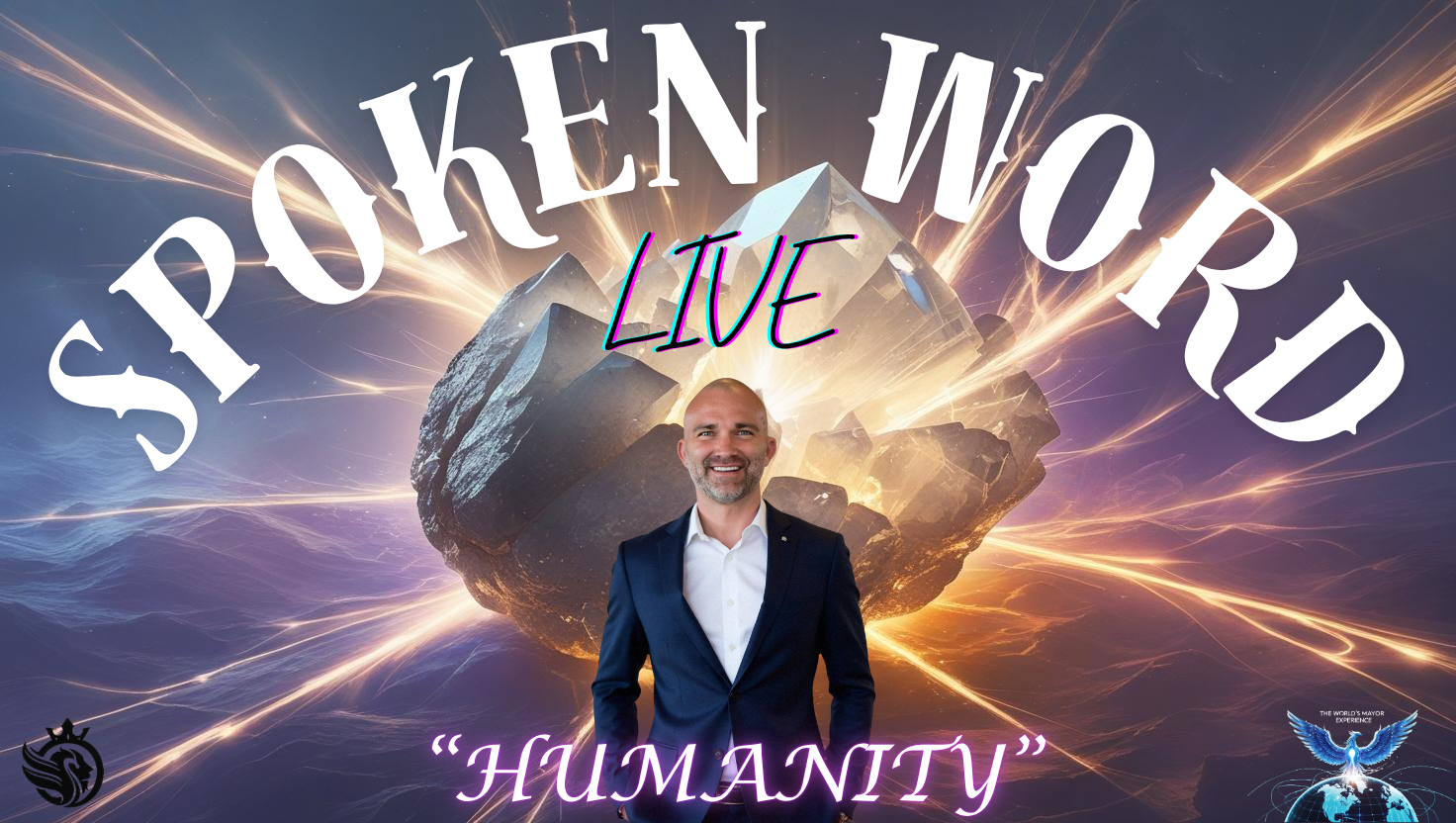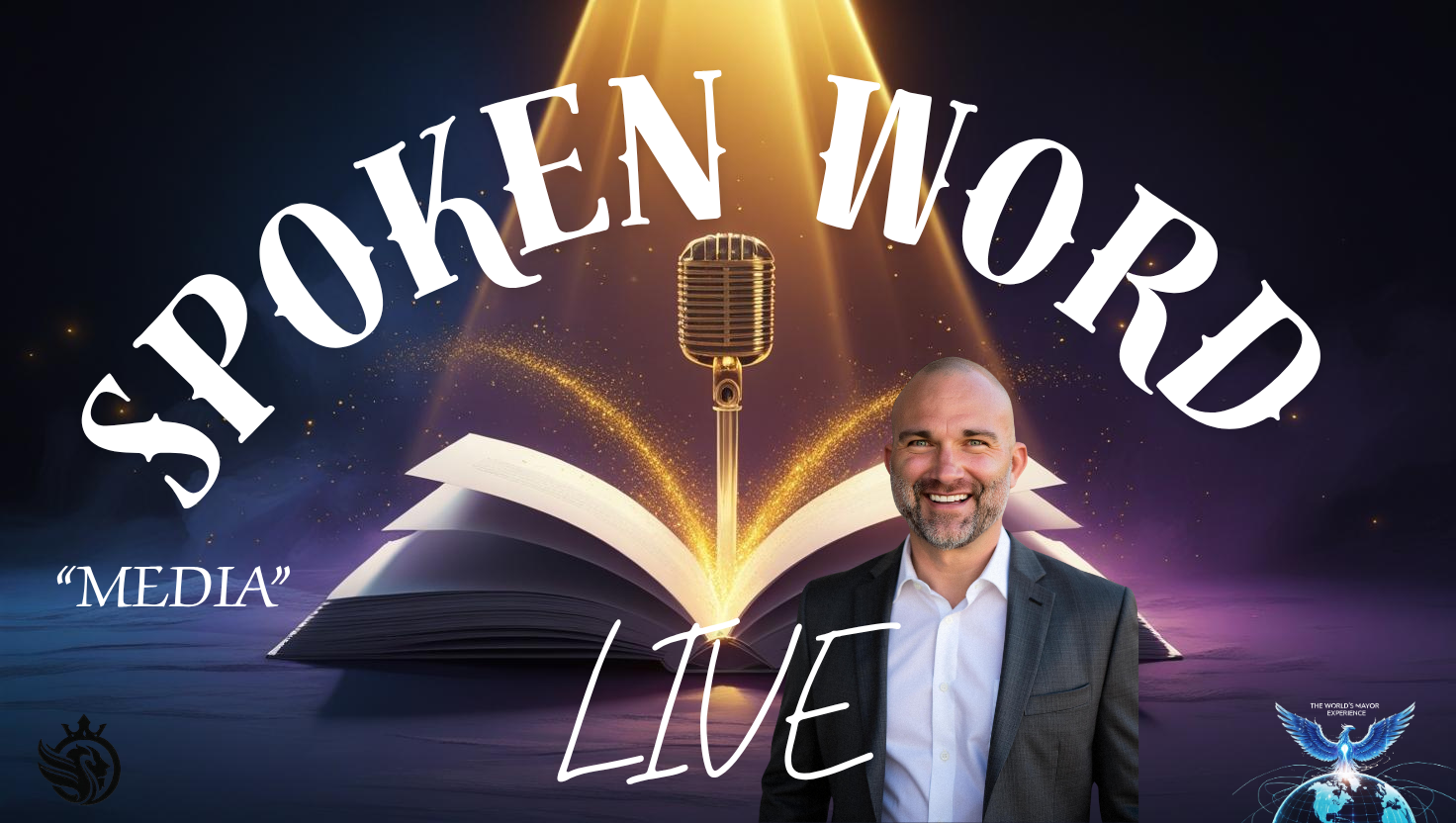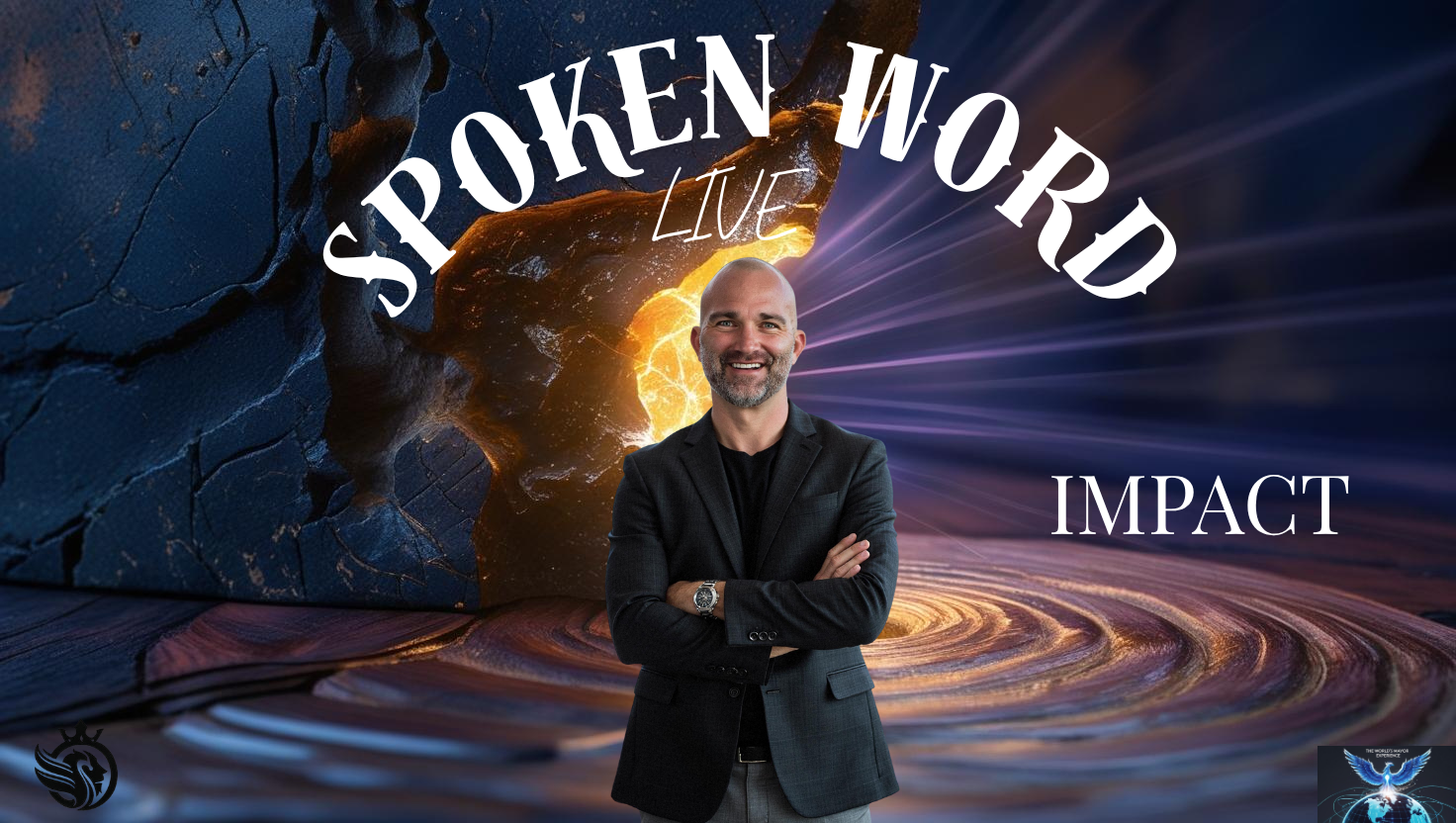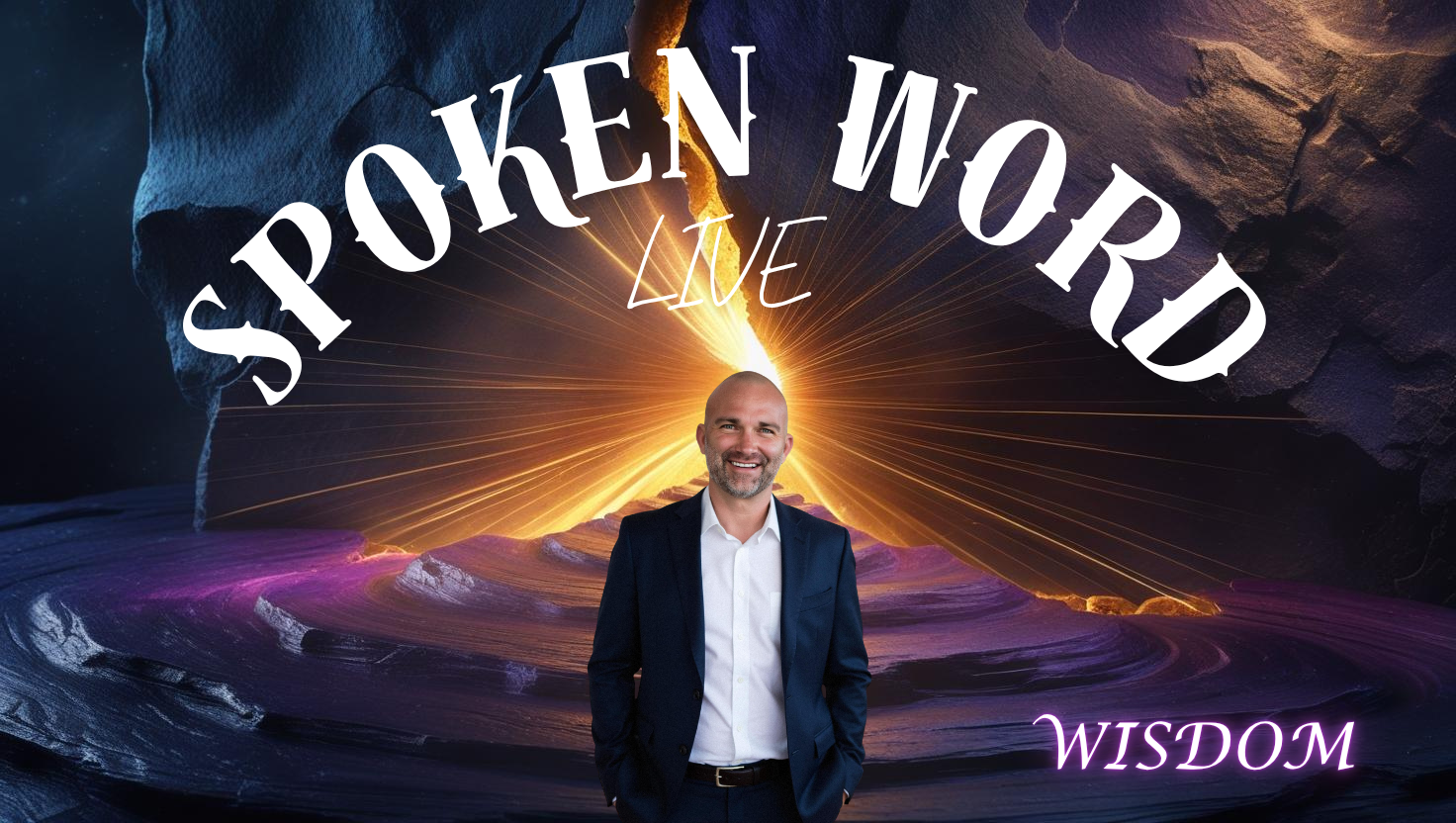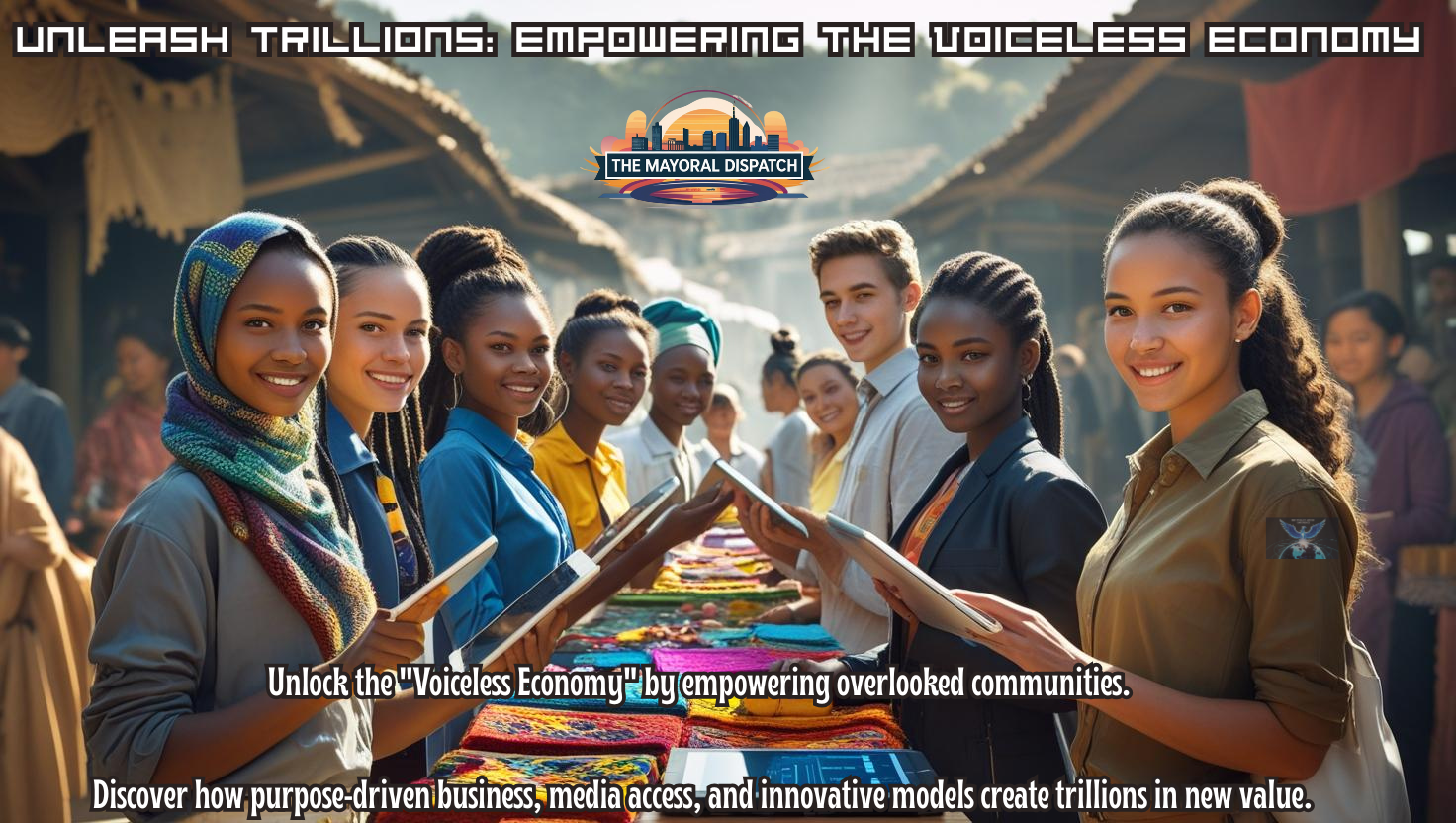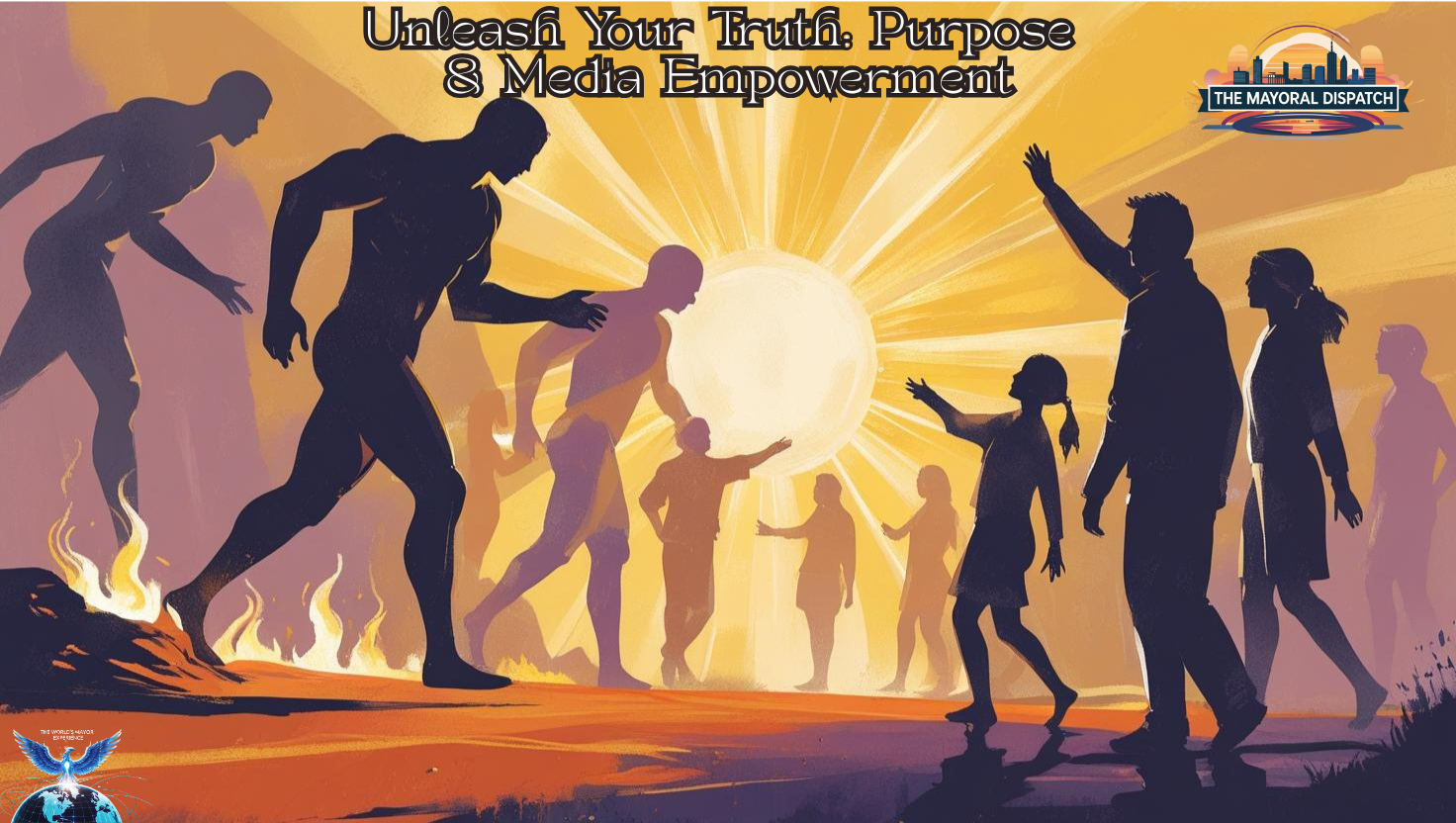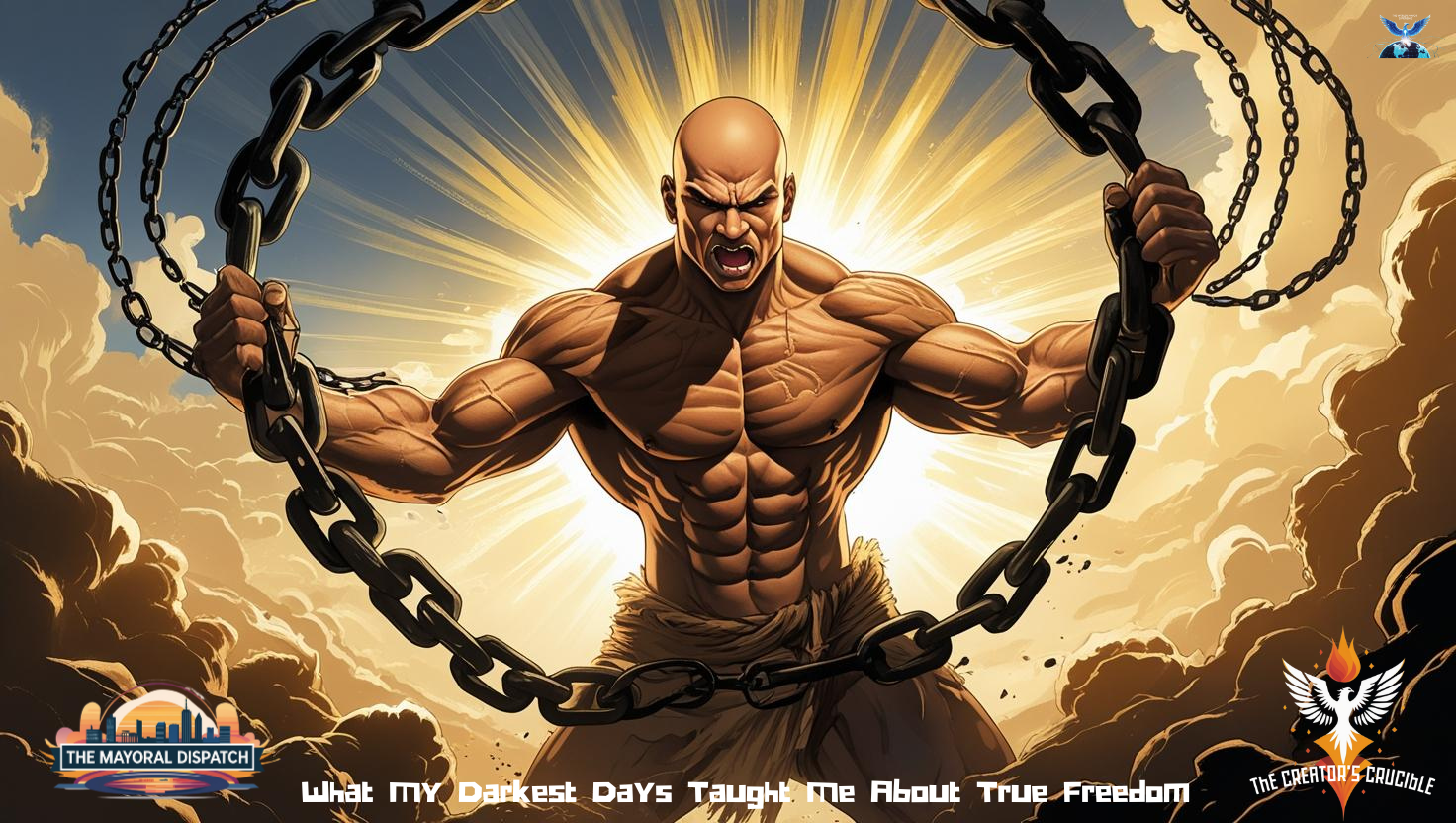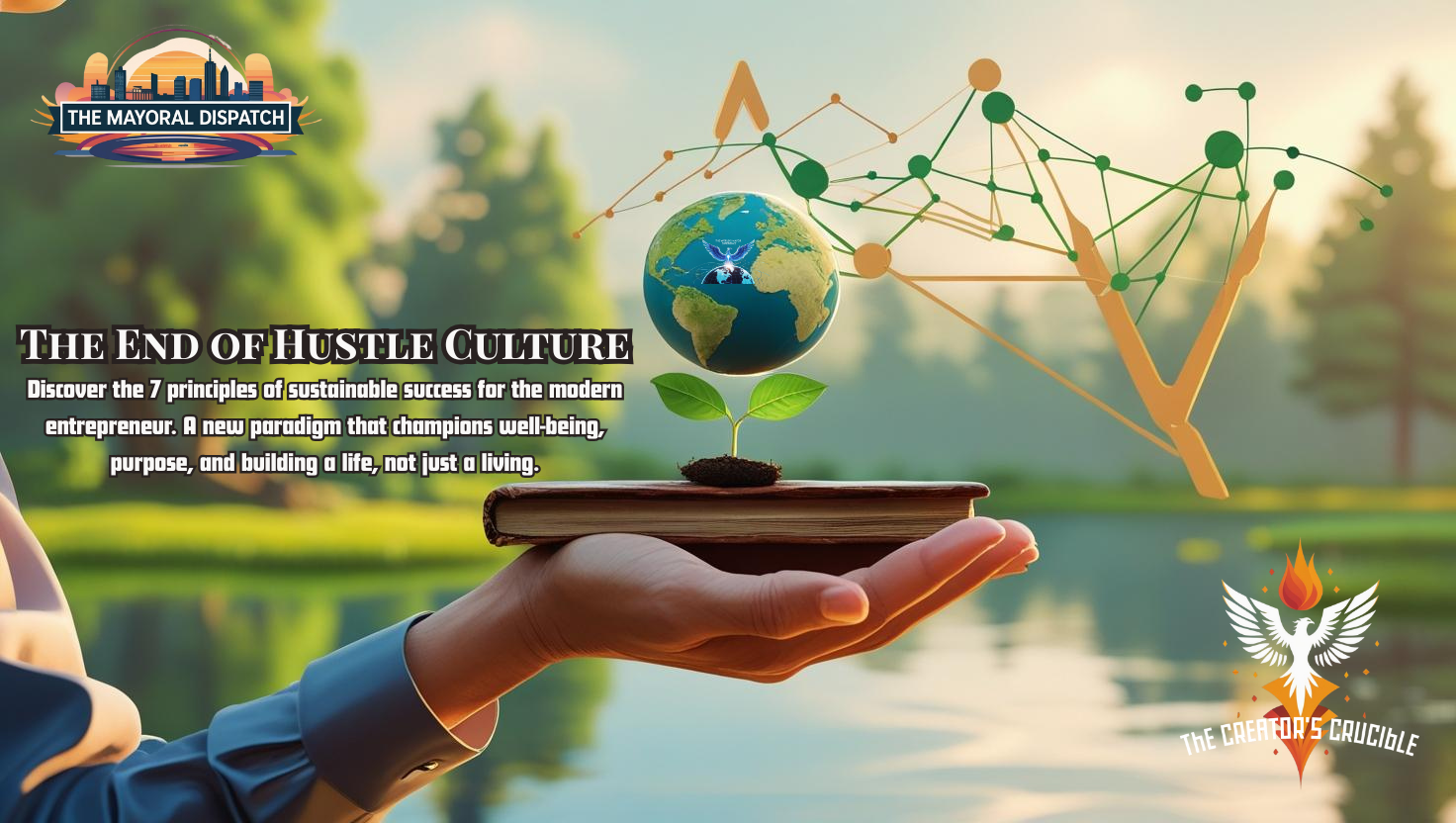The Legacy Architect Newsletter
Blueprints for Building an Enduring Legacy

Your direct feed for fresh multimedia, research, and insights. This is content that educates, informs, and inspires you to build your own enduring legacy.
Empowering Voices: A Conversation with Thomas Wilson on Neurodiversity Advocacy and Inclusive Storytelling
Joining us today is Thomas, a passionate advocate for neurodiversity and mental health awareness. Thomas wears many hats - he's a storyteller, event facilitator, mentor, and educator committed to empowering underserved communities.
Through initiatives like his "Neurodiversity D&D" group, public speaking engagements, storytelling events, and charity partnerships, Thomas creates inclusive spaces that uplift marginalized voices. His work spans sensory-friendly gaming for youth, family mentorship, peer engagement activities, world-building groups, and educational camps.
With over a decade of experience, training in areas like mental health first aid and peer support, and a person-centered approach, Thomas is dedicated to serving the neurodiverse and mental health communities across Colorado and beyond.
Today we'll discuss his multifaceted role, the innovative ways he harnesses creativity to build community, and his upcoming projects like the "Finding Meaning After Experiencing Loss" event.
1. Joshua T Berglan: Can you share a personal story that inspired you to pursue your work in neurodiversity and mental health advocacy?
Thomas Wilson: I spent a large portion of my life going in and out of programs that promised to help but deemed me too difficult to deal with. During those moments, I learned how difficult it was to not only feel alone but be treated as a problem client. That pain sticks with me to this day. Because of that pain and having seen it on many faces over the years, I work diligently to help people feel less alone. As well as to work to help establish programs that honor those in need by not excluding them from attending.
2.
Joshua T Berglan: What are some of the biggest challenges you've faced in creating inclusive and sensory-friendly events?
Thomas Wilson: Some of my biggest challenges have been marketing ethically and working to increase the income I bring in while honoring my community. I have to remind myself I am a business, and it is ok to ask people to pay for services. Especially because I do not ever want to take advantage of people.
3.
Joshua T Berglan: How do you approach storytelling in a way that honors and uplifts the experiences of neurodiverse individuals?
Thomas Wilson: I strive to make sure to honor all of who a person is. I am a big advocate that true accessibility goes beyond just physical needs. Because of this, I always work to keep communication flowing and regularly check in with those attending my events. Building off of this, I work to acknowledge that I do not know everyone's triggers, and it can be invasive to ask what those triggers are. So I try to tailor what I discuss to both my audience and the type of event. I find these steps can build a solid foundation for an event.
4.
Joshua T Berglan: What has been your most rewarding experience working with underserved communities?
Thomas Wilson: My most rewarding experience has been watching my community grow around the idea of using stories to empower themselves. It is a beautiful thing to be at the forefront of a movement such as this.
5.
Joshua T Berglan: Can you describe a time when you had to navigate a difficult situation or overcome a significant obstacle in your work?
Thomas Wilson: I actually have to regularly overcome difficult situations, as my client base often has significant trauma. Keeping that in mind, I work to help as they are upset to remember to give themselves and those around them grace, alongside reminding them they do not need to be perfect. In this, I work very hard to remove my ego, stay calm, and be a force of understanding in these moments. I find that this mentality is greatly helpful.
6.
Joshua T Berglan: How do you measure success in your peer engagement and community-building efforts?
Thomas Wilson: I measure success in the smiles, laughter, and joy I witness. These are honest signs of my work helping the community, and I find that when they are genuinely given, it is one of the best compliments I can receive.
7.
Joshua T Berglan: What strategies do you employ to create safe and empowering spaces for individuals to share their voices?
Thomas Wilson: I always work hard to know where fire exits are, to make sure chairs and tables have room for players to spread out, but also I work to keep my voice calm and quiet. On top of this, I work to keep my energy kind and patient along with respecting my attendees. I find having an upbeat, gentle, and fun-loving energy can help build connections quicker and can help to infuse an energy that can flow into the space and make individuals want to participate more in the event. Finally, I work to honor the ideas of my attendees as valuable aspects of the event. It is so important to be open to outside opinions.
8.
Joshua T Berglan: How has your own lived experience shaped your approach to mentorship and family support?
Thomas Wilson: My own experiences have taught me to be empathetic, kind, and understanding. Because of this, I can deliver these positives to individuals who may not regularly receive that kindness. I have also learned to mold my programs to the individual. This means I work to accept them and help them feel genuinely accepted and valued. Too often, programs forget this and force attendees to conform to what the program wants. In my setting, I try to create genuine spaces that honor who the individual is at their core.
9.
Joshua T Berglan: Can you share an example of a creative or innovative tool you've used to build real-life skills in your camps and lectures?
Thomas Wilson: One tool I use is to try and create opportunities for those attending classes or camps to help build the narrative of the stories told. I find games, group improvisation, and even just hot potato-style games that put the power of making decisions into the hands of attendees help them connect better to the event and have some ownership of it. This can help attendees feel respected and cause them to feel pride. Ownership of the story is one of the beautiful parts of shared storytelling, as it can cause memories that last decades.
10.
Joshua T Berglan: What are some of the most important lessons you've learned about empathy and person-first care throughout your work?
Thomas Wilson: The most important lessons I have learned are that the community at large craves this style of leadership, and that means we must deliver this at a top-tier capacity. My programs would not work if I did not work to make sure they are run with integrity and dedication. Additionally, I have to work my hardest to make what I charge the most accepting and kind spaces they can be.
11.
Joshua T Berglan: How do you balance the various roles you play as a specialist, storyteller, educator, and consultant?
Thomas Wilson: I'm not going to lie, it can be difficult. However, I have two methods: I try to dedicate time each day to one or more of those roles, and I give myself time to rest. Sometimes this means some projects have to wait, but it is so important that I am able to reset and rest my mind. By doing this and devoting certain days to certain tasks, I am able to keep myself mentally healthy.
12.
Joshua T Berglan: What motivates you to continue pushing boundaries and advocating for neurodiverse individuals?
Thomas Wilson: The sheer passion and love I have for my work. This job takes immense amounts of effort and dedication. I often work over 50+ hours, and because of that, I get very tired. However, I constantly wake up excited to do my job and help the community. This is a dream come true, and it fills my heart and soul with joy. That is something I never want to sacrifice.
13.
Joshua T Berglan: Can you describe your process for crafting sensory-friendly and inclusive narratives?
Thomas Wilson: When I establish sensory-friendly and inclusive narratives, I try to always look for stories that do not include intense gore, violence, derogatory language, and horror elements. Additionally, I work to understand how the story may induce anxiety, depression, or fear, and building off of that, I look for ways to develop drama, laughter, emotions, and suspense with a compassionate mindset. If I believe that something might be too much for my players, I look to avoid it. This does not mean that these stories are boring, as it is possible to develop compelling stories within these parameters, especially when told well. I finally work to have a good handle on how I respond to questions, thoughts, and even attendees' positive and negative reactions.
14.
Joshua T Berglan: How do you collaborate with organizations and charities to ensure that your events and initiatives align with their goals and values?
Thomas Wilson: Part of it involves me developing a well-written pitch that details my work, with a kind and compassionate focus on the power of each organization's work. I then follow that up with a well-detailed explanation of who I am, what I do, and why I do it when we meet. After that, I work with them to develop a solid program plan based on how we believe we can work together. This involves a lot of detailed planning, content creation, and paperwork on my part, but also frequent communication between both of us. I then deliver a high-quality product with great follow-up and aftercare for the organization, along with a discussion about how we can move forward on another project. There is a lot of practical use of applied patience and mindfulness during this process so I do not overwhelm these organizations.
15.
Joshua T Berglan: What has been the most challenging aspect of your work as a public speaker, and how have you overcome it?
Thomas Wilson: The most challenging part for me is having the confidence to continue. It is an intimidating task. However, I find meditation, gratitude, and confidence exercises help greatly. I also try to remind myself that I have a rare talent and that I do help spread good into the world.
16.
Joshua T Berglan: How do you stay current and informed about the latest developments in neurodiversity and mental health?
Thomas Wilson: Lots of classes and trainings! I am constantly learning, not just in webinars, but through media, talks, podcasts, conversations, and more. Every day is an opportunity to learn something new, and I cherish that.
17.
Joshua T Berglan: Can you share a memorable moment or interaction that exemplified the power of community and peer support?
Thomas Wilson: There was a moment just yesterday when I had finished a group. I had been running Neurodiversity Dungeons and Dragons. At the beginning everyone was shy and a little nervous, however as we went , the group started rolling dice, coming up with ideas for their characters, and laughing. As it proceeded that laughter turned into hilarity, slight chaos, and complete joy. By defeating the beasts that were before them, they became a group allies bonded by laughter and combat. After we wrapped the group could not wait for the next session and everyone was chatting, planning, and actively breaking down the moments in game. To see that shift from fear
to passion is a testament to the powers of stories as a way to heal.
18. Joshua T Berglan: What advice would you give to individuals or families seeking to better understand and support neurodiverse loved ones?
Thomas Wilson: There are three big ones. Remember to be patient: There is a lot happening in your loved one's brain when most things occur. Because it is important to note that your loved one is fighting against their brain to respond quickly, or to communicate well, or even control their stress. It is important to give them time to respond, and they still may not respond how you want them to, and that is okay.
Finding work is hard: Most jobs are not designed for someone with a diagnosis. In fact, many workplaces do not want to work with people with lived experience with Autism or other diagnoses. I say this as a trained individual who has worked to help many community members find work, and as an Employment First Advocate. Having a hard time finding work is not necessarily a reflection on your loved one but on a very broken system.
Find time for self-care: Self-care is instrumental in life, and we have to practice it. Finding the resources to help your loved one or you as the caretaker is a necessity. It can be the line in the sand that keeps you or your loved one from breaking. One way to do this is to give yourself the grace to give yourself the rest you need. It is more than okay to ask for help.
19.
Joshua T Berglan: How do you envision the future of neurodiversity advocacy and inclusivity, and what role do you hope to play in shaping that future?
Thomas Wilson: I envision the nature of neurodiversity advocacy to only grow stronger and bolder, and lead us into a more inclusive future. I do believe we will have great setbacks and pains as a community; however, we will recover. My hope is to continue to help lead things forward and inspire more people to share their voice.
20.
Joshua T Berglan: What is your ultimate goal or dream for the impact of your work on individuals, communities, and society as a whole?
Thomas Wilson: My ultimate dream would be to help inspire a generation of sensory-friendly storytellers. I do not want to be world-renowned but to be someone who does enough good that my legacy will snowball and help to inspire change even I cannot imagine. As a result, helping to bring forth stories that will be told for all people in a more empathic fashion long after I am gone.
That concludes our interview.. To learn more about Thomas, please check him out here. Thank you for reading!
Media Company in a Box is a revolutionary guide for creating innovative media organizations that take advantage of cutting-edge technologies like blockchain, AI, and the metaverse. Its primary objectives are inclusivity and accessibility, providing viewers and creators with either mental or physical challenges with solutions that have been designed to allow them to participate fully.

